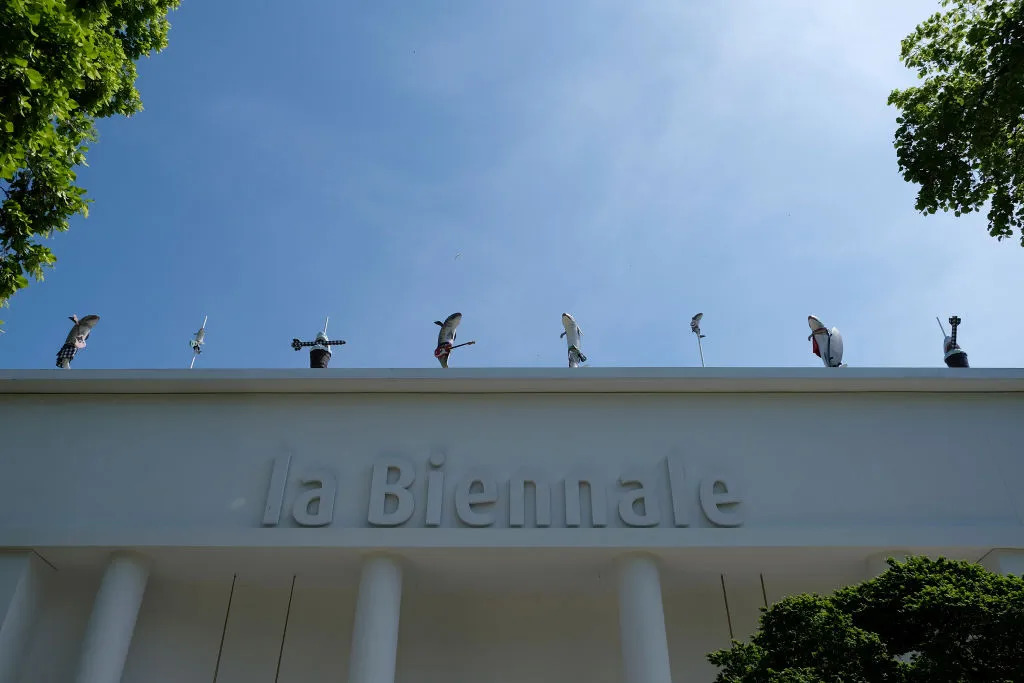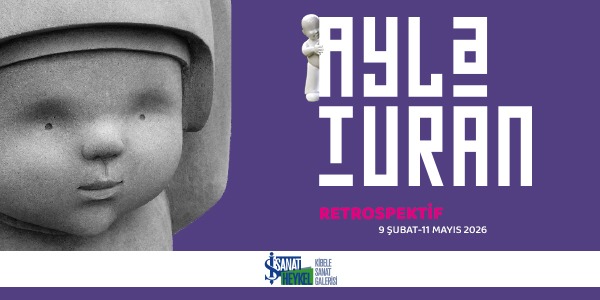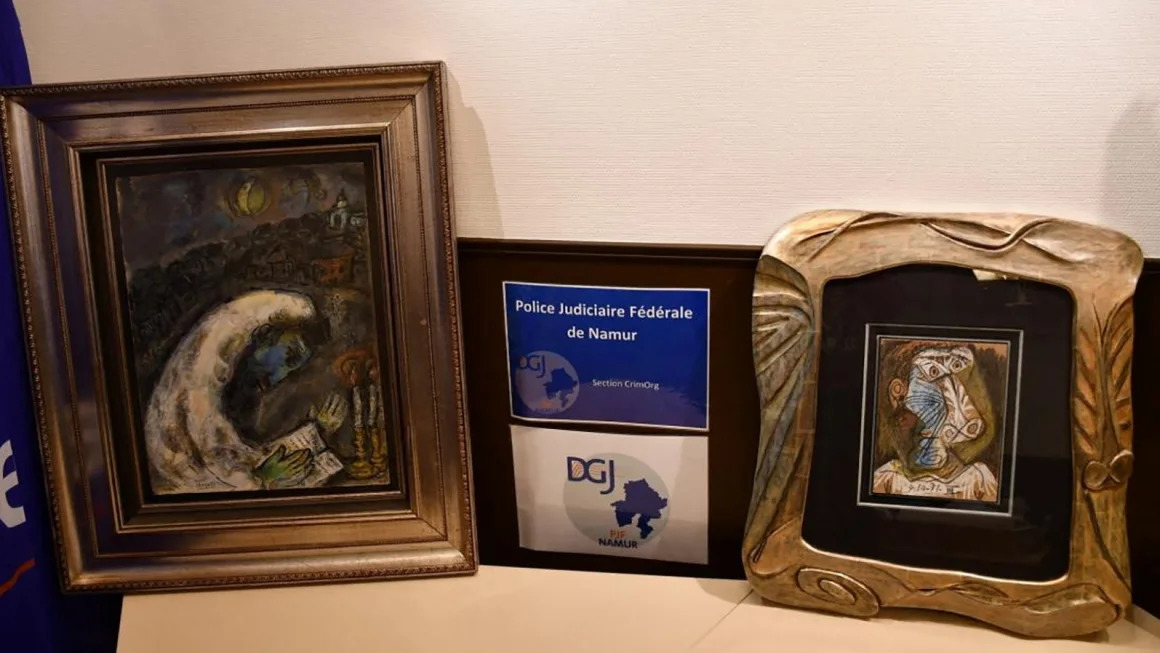The upcoming 60th Venice Biennale, scheduled to run from April 20 to November 24, 2024, has already faced setbacks as some countries announce withdrawals from their national pavilions. While curators and artists are eagerly preparing for the prestigious event, several nations have decided to cancel their participation, raising questions about the reasons behind these abrupt changes.
The Moroccan Ministry of Culture, in a surprising move, recently dropped the originally selected artists and curators intended to represent the country in its inaugural national pavilion. According to a report by Le Monde Afrique, Mahi Binebine, the pavilion’s curator, received unexpected news from a Moroccan ministry official on Monday. The official informed Binebine, along with artists Safaa Erruas, Majida Khattari, and Fatiha Zemmouri, that they would no longer be involved in the presentation. No justification for this “last-minute decision” was provided. Instead, art historian and independent curator Mouna Mekouar has been appointed as the replacement curator.
Earlier in the summer, New Zealand also announced the cancellation of its pavilion due to inadequate resources, funding concerns, and workload issues. This marks the first time in two decades that New Zealand will not have a pavilion at the Venice Biennale. Creative New Zealand, the pavilion organizer, expressed the country’s intention to return for the 61st, 62nd, and 63rd editions of the Biennale in 2026, 2028, and 2030, respectively. Meanwhile, New Zealand artists will still participate in the 2024 Biennale’s main show, titled “Foreigners Everywhere.”
The Poland Pavilion is facing its own challenges, with the selected artist, Ignacy Czwartos, denouncing the new Polish government’s decision to cancel his project at the Venice Biennale as an act of “censorship.” Czwartos, chosen by the previous administration led by the Law and Justice party (PiS), reveals that his exhibition proposal, titled “Polish Practice in Tragedy: Between Germany and Russia,” won in an open competition. However, on December 29, the Ministry of Culture, under new Prime Minister Donald Tusk, abruptly called off Czwartos’s project. The artist contends that the decision amounts to censorship and challenges the initial selection made by a jury convened by Warsaw’s Zachęta National Gallery of Art on October 31.
As the 60th Venice Biennale approaches, these cancellations add a layer of uncertainty to the event, sparking discussions about the intersection of art, politics, and national representation on the world stage.









